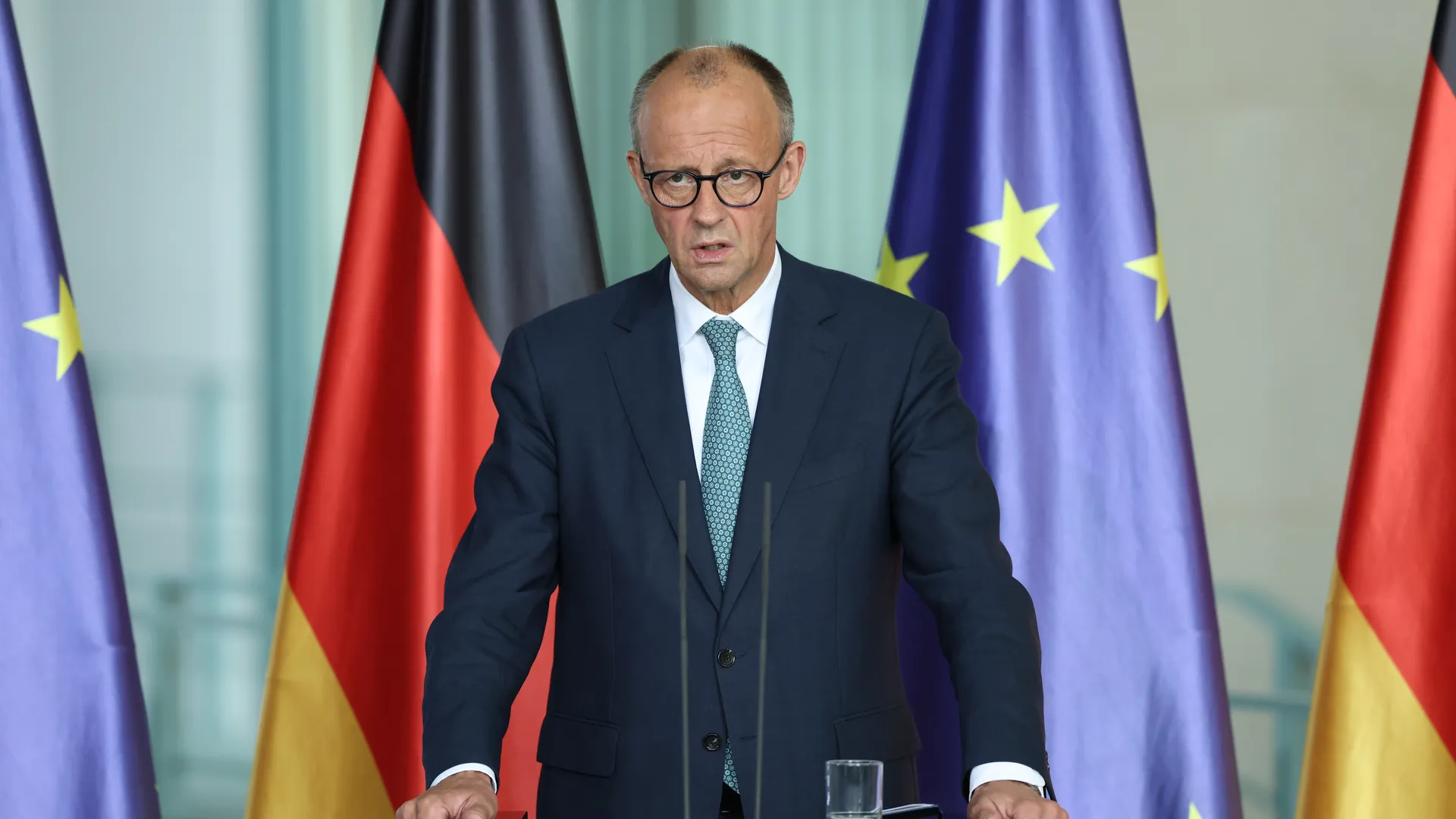Germany Israel relations will see a major change as the German government announced it will lift its partial arms embargo on weapons exports to Israel on November 24. Officials cited the stabilized ceasefire and ongoing peace efforts as key reasons for the decision.
Government spokesman Stefan Kornelius said the ceasefire between Israel and Hamas, in effect since October 10, improved conditions in the region. He also highlighted that increased humanitarian aid in Gaza influenced the move. Kornelius added that Germany will now examine arms export requests individually and respond promptly to developments.
Background of the Germany Israel Embargo
Chancellor Friedrich Merz announced the original suspension in early August. The suspension stopped weapons exports that could reach Gaza “until further notice.” The decision followed Israel’s expansion of military operations in the territory and marked a major shift for Berlin, which has traditionally supported Israel strongly.
Germany balances supporting Israel’s security with addressing humanitarian concerns in Gaza. Analysts say the embargo lift could influence European defense policies in the Middle East.
Implications of Lifting the Embargo
The embargo lift allows Germany to resume military cooperation while monitoring regional developments closely. Officials emphasized that the decision does not signal unconditional support for military actions. Instead, it prioritizes stability, peace efforts, and humanitarian aid.
Conclusion
The Germany Israel arms export update reflects a careful recalibration of Berlin’s foreign policy. The government will continue weighing regional stability, humanitarian concerns, and diplomatic developments as it reviews weapons export requests case by case.



